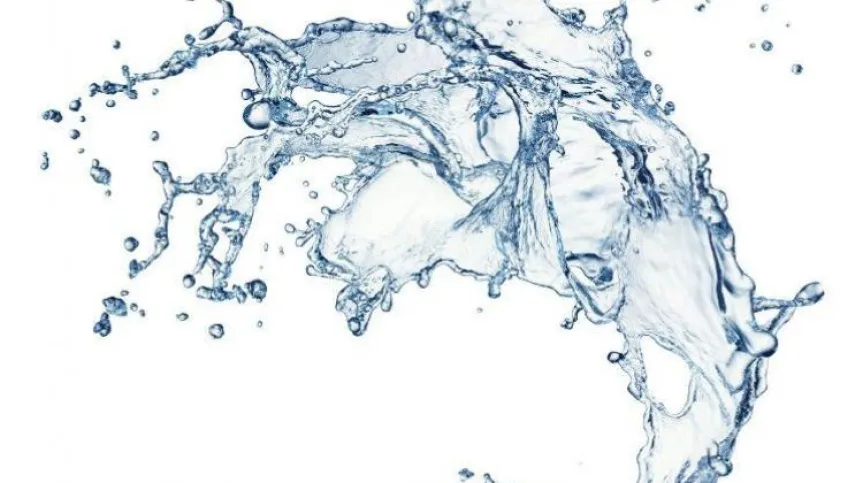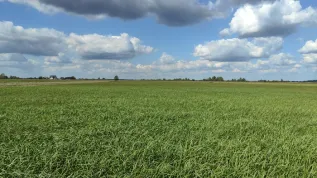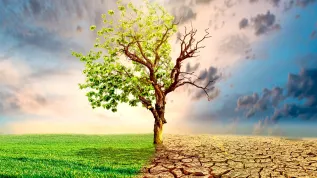
Solutions for an additional, artificial groundwater supply using rainwater in Central European countries is being developed by the University of Silesia and an international team of experts.
The project "Deepwater-CE" involves partners from five countries: Poland, Hungary, Slovakia, Croatia and Germany. Partners from several other countries are also involved.
Project leader Elisabeth Magyar from the Mining and Geological Survey of Hungary in Budapest said during a press conference in Katowice that the results of the work will include a selection of pilot areas in four countries: Poland, Hungary, Croatia and Slovakia. The final result will be the implementation of good practices and solutions for artificial groundwater supply. According to Magyar, the project will be based on studies conducted by project partners, and cooperation with stakeholders.
Dr. Sławomir Sitek from the Faculty of Natural Sciences of the University of Silesia said the task of Silesian scientists will be to provide information on the additional groundwater supply in Poland. He explained that so far the most commonly used solutions were filter intakes and groundwater intakes along the banks of rivers. The water from such intakes is used, for example, by residents of Bielsko-Biała and Cieszyn.
As droughts are more common in areas where there has been flooding, the scientists want to ensure that the excess water does not "escape" to rivers and then into the sea, but instead is partly stored for use during periods of drought, guaranteeing a stable supply.
According to Dr. Sitek, water from precipitation can be directed to the aquifer with geological holes and pumps, using filtration ponds. Similar solutions are used in countries affected by drought, such as Spain and Australia. They should be adapted to the geological and hydrological conditions in Central Europe based on climate scenarios. Scientists argue that collecting water underground is a more environmentally-friendly solution than building retention reservoirs on the surface.
"These types of solutions, consisting in the accumulation of excess surface water in the aquifers, and then using it during the drought to supply residents, will allow us to at least mitigate the climate change that will be difficult to prevent," said Dr. Sitek.
Vice-Rector of the University of Silesia for international and national cooperation Professor Tomasz Pietrzykowski added that the "Deepwater-CE" project concerns a fundamental problem - not only for science but for all residents.
He said: ”Issues related to access to water in the context of climate change are becoming one of the leading topics, they require the concentration of all possible forces from the academic community, administration and business.”
Recalling the words of Ryszard Kapuściński, who predicted years ago that the 21st century would be a time of competition and even conflicts over access to water, he said: "The right of access to water is becoming one of the key, new human rights, which are more and more often discussed, and therefore the management of these resources (...) is an important problem both locally, for us, the inhabitants of Silesia, but also an element of a very important problem that concerns the whole world and is becoming more and more important.”
The pilot area in Poland will be water supply intakes in Tarnów, which supply approx. 100,000 residents. "It is good quality water, but it is threatened by the industrial area within this intake. We want to develop an early warning system so that the water supplied to residents is safe and of good quality," said Dr. Sitek from the Faculty of Natural Sciences of the University of Silesia.
The project was launched in May 2019 and will end in April 2022. Pilot studies begin this year. The research project`s budget is nearly EUR 1.8 million, of which almost EUR 1.5 million comes from the Interreg Central Europe programme.
PAP - Science in Poland, Krzysztof Konopka
kon/ drag/ kap/
tr. RL













